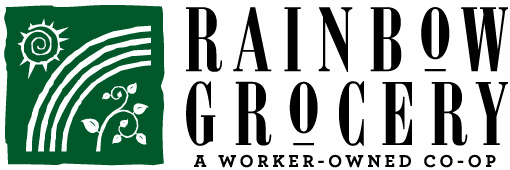The following are alternative therapies which have been shown through scientific studies to be beneficial in preventing or treating colon cancer. The studies have been done on cell cultures, animal studies, etc. Specific doses for humans have not been specified. The following are not in order of importance;
1. Vitamin D is important, especially in dark skinned people whose skin blocks UV rays. Deficiencies can be determined through blood tests for vitamin D blood levels.
2. Omega-3 fatty acid improves resistance to colon cancer. Omega-3 can be obtained through fish oil, flax oil, algae oil, hemp oil and chia seeds. Farmed fish are not a good source of omega-3 since they don’t usually have algae in the diet. Fresh wild fish meals are a good source, as wild fish obtain omega-3 from algae in their diets.
3. Probiotics and prebiotics improve resistance to colon cancer. Probiotics are “friendly bacteria” found in the colon and are available as supplements. Prebiotics are fibers which are food for probiotics in the intestine. Fermented foods, such as sauerkraut and kimchi, contain friendly bacteria which help fight cancer.
4. The chemical l-carnosine is beneficial. It is a natural component in the body and a supplement which increases natural killer (NK) cells. NK cells are white cells which seek and find abnormal cells in ones body to destroy them.
5. Curcumin is an active ingredient in the food turmeric, which helps fight colon cancer. It is antioxidant and is concentrated in the intestine. People who eat a great deal of curry (which contains turmeric) have low incidences of colon cancer.
6. Matcha green (Camellia sinensis) powder taken as a tea is highly beneficial because of the large amount of flavonoids it contains to fight cancer.
7. The Paleolithic Diet, which is high in fats, leafy greens and proteins, but low in carbohydrates, helps prevent and treat colon cancer.
8. Selenium, an essential element, is an antioxidant which is important to immunity and resistance to colon cancer. Hair analysis is useful in determining levels of selenium and other essential elements. Also, selenium reduces the side effects of chemotherapy.
9. Milk thistle (Silybum marianum), containing silymarin, is beneficial in treating colon cancer and in cleaning the liver.
10. Chrysin, a component in the plant passionflower (Passiflora sp.), contains flavonoids which aid in fighting cancer.
11. Black cumin seed (Nigella sativa) is a well-known remedy and panacea from the Middle East. (A panacea is a medicine which can treat many diseases.)
12. Chamomile herb (Matricaria chamomilla) can be used as a tea or in capsules.
13. Parasites have been found in close association with some colon cancers. Intestinal parasite cleanses are used to eliminate parasites.
14. Lactoferrin is a supplement found in milk, which augments chemotherapy and boosts immunity.
15. Mate (Ilex paraguariensis) tea from South America helps fight colon cancer.
16. Larch tree (Larix sp.) fiber contains chemicals called arabinogalactans. These chemicals produce butyrate which is also available as a separate supplement. Butyrate helps fight cancer.
17. Don’t eat peanuts if you have colon cancer or if your family has a history of colon cancer. Peanuts may contain a toxic mold.
18. Echinacea pallida is the most useful of all the species of echinacea in fighting colon cancer.
19. Conjugated linoleic acid (CLA) is a fatty acid that is available as a supplement and can be produced in the intestine by some probiotics. It fights colon cancer.
Rainbow Grocery has the following products: All of the products mentioned in this article.
Summary #951. nutrientmedicine

